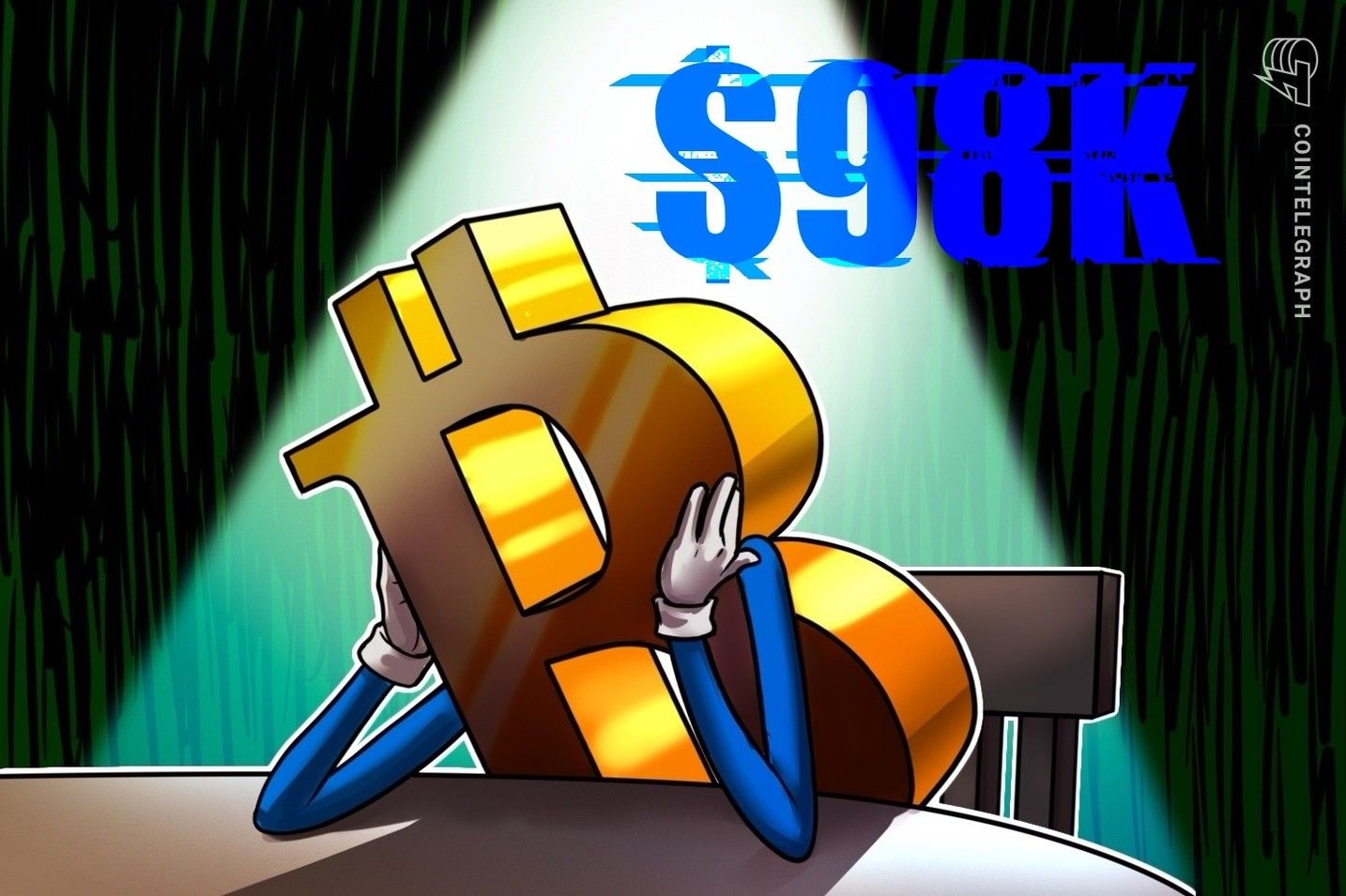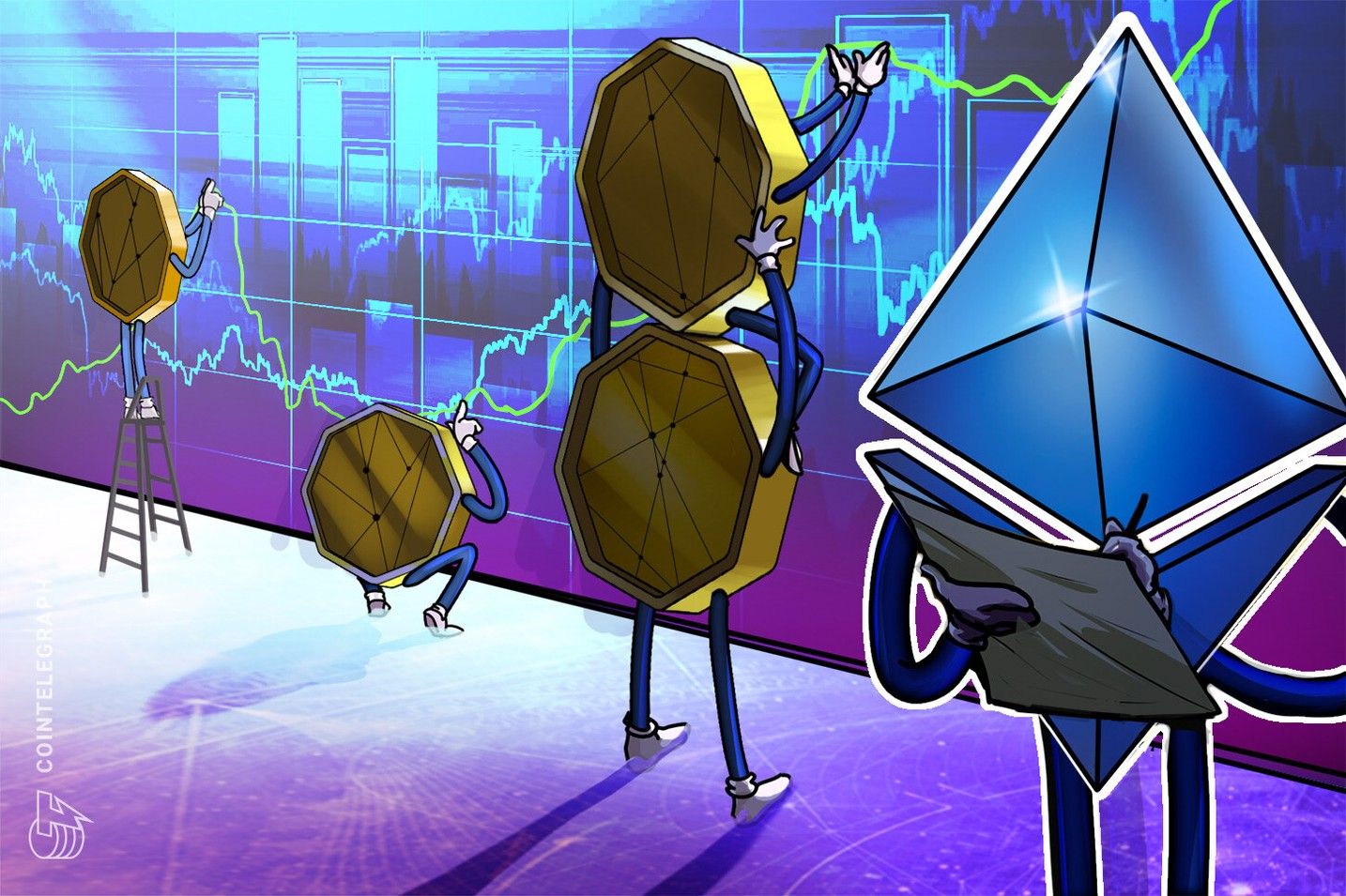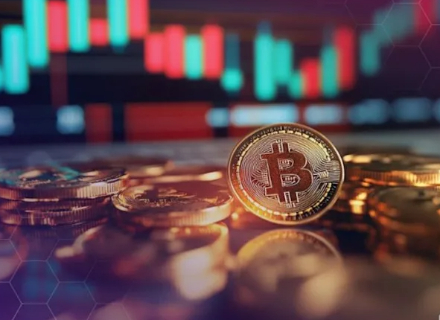Finastra and Circle Redefine Cross-Border Banking With USDC Settlement Revolution
- Finastra partners with Circle to integrate USDC into its $5T cross-border payment hub, enabling faster, cheaper, secure transfers via blockchain-based settlement. - Mastercard expands collaboration with Circle to enable first-time USDC/EURC settlement for EEMEA acquirers, bridging blockchain assets with traditional commerce infrastructure. - USDC's $61.3B circulation (up 90% YoY) and growing adoption by major financial players signal stablecoins' rising role in reshaping global payment efficiency and dig
USDC is gaining momentum in the global banking sector as Circle continues to expand its partnerships with major financial technology firms and payment networks. A significant step in this direction came with Finastra, a leading provider of financial services software, announcing a collaboration with Circle to integrate USDC into its cross-border payment infrastructure. This initiative allows banks to utilize USDC for settlement within Finastra’s Global PAYplus (GPP) payment hub, which processes over $5 trillion in daily cross-border transactions. The integration aims to reduce reliance on traditional correspondent banking networks, enabling faster, more cost-effective, and secure international transfers without compromising compliance or foreign exchange processes.
Finastra’s Chief Executive Officer, Chris Walters, emphasized that the collaboration provides banks with the tools to innovate in cross-border payments without the need to develop standalone infrastructure. By linking Finastra’s payment hub with Circle’s blockchain-based settlement system, the partnership allows financial institutions to explore new payment models while maintaining operational continuity. The move highlights the growing interest in stablecoins among global banks as alternatives to traditional settlement mechanisms.
Circle’s CEO, Jeremy Allaire, noted that Finastra’s extensive reach and expertise in powering banking infrastructure make it an ideal partner for expanding USDC settlement in cross-border flows. This partnership aligns with the broader trend of financial institutions adopting stablecoins to enhance efficiency and reduce costs. The integration of USDC into cross-border transactions is particularly significant given the token’s $61.3 billion circulation as of early August 2025, representing a 90% increase year-over-year.
In parallel, Mastercard has also deepened its collaboration with Circle to enable USDC and EURC settlement for acquirers in the Eastern Europe, Middle East, and Africa (EEMEA) region. This development marks the first time that acquirers in the EEMEA region can settle transactions using stablecoins, further reinforcing Mastercard’s role in bridging blockchain-native assets with traditional fiat commerce infrastructure. Arab Financial Services and Eazy Financial Services are among the first to benefit from this expanded effort.
Mastercard’s President for EEMEA, Dimitrios Dosis, stated that the company’s strategic focus is to integrate stablecoins into mainstream financial systems by investing in infrastructure and governance. The expanded partnership with Circle enables acquirers to settle transactions in USDC or EURC—fully-reserved stablecoins issued by regulated affiliates of Circle—which can then be used to settle with merchants. This initiative supports Mastercard’s vision of advancing tokenized and programmable money, with the goal of making stablecoins as ubiquitous as traditional payment methods.
The adoption of stablecoins by major financial players such as Mastercard and Finastra reflects the broader industry shift toward digital assets as a means of enhancing the speed, transparency, and efficiency of financial transactions. As stablecoin usage continues to grow, particularly in emerging markets, it is likely to reshape the landscape of cross-border payments and digital trade.
Source:

Disclaimer: The content of this article solely reflects the author's opinion and does not represent the platform in any capacity. This article is not intended to serve as a reference for making investment decisions.
You may also like
The most important crypto moments of the year

Bitcoin falls to $98K as futures liquidations soar: Should bulls expect a bounce?

Ether’s chance of turning bullish before 2025 ends depends on 4 critical factors

Mars Morning News | ZCash shielded pool assets reach 23% of total supply, network usage surges
The potential end of the U.S. government shutdown means the SEC and CFTC will resume crypto regulatory work. The SEC may prioritize support for tokenization businesses, while the CFTC plans to promote spot crypto trading. The Hello 402 contract has been exposed to risks of unlimited issuance and centralized manipulation. The probability of a Fed rate cut in December is 69.6%. Summary generated by Mars AI. The accuracy and completeness of this summary are still being iteratively updated by the Mars AI model.
